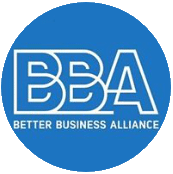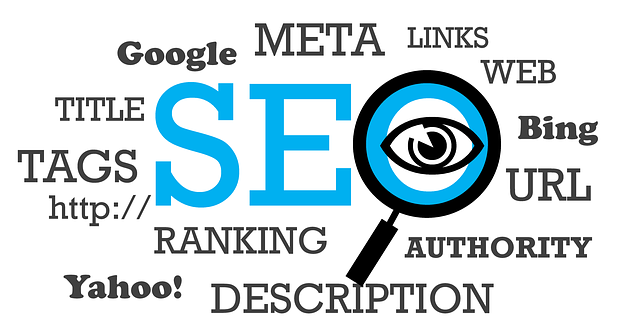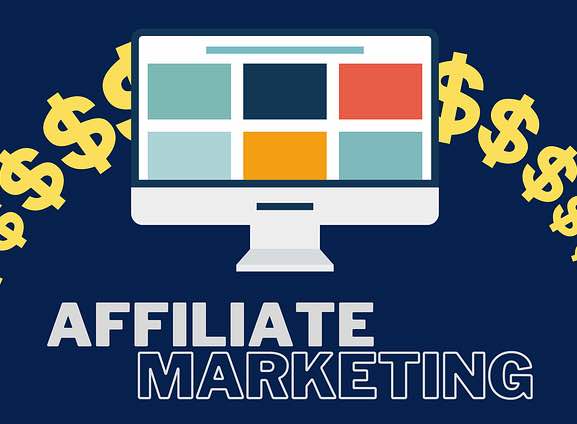Wouldn’t it be great to get more customers coming into your business? Isn’t that what a great website is supposed to help you do? While most good websites are setup to be search engine friendly and help you rank high, there are several strategies that you can use to give your website an extra boost and outperform your competitors.
SEO doesn’t have to be a full time job and it really isn’t that hard to do for a local business. Search engines are always changing the way they rank websites, constantly improving, so that only the best and most relevant are shown first. You can use this to your advantage by following these 7 simple steps to grow your business using local SEO that will help you rank higher for a very long time.
1. OPTIMIZE YOUR WEBSITE AND CONTENT
The first and best thing you can do is to optimize your website and it’s content. Writing a good amount of relevant and high quality content is what will help you show up on search engines.
Forget about keyword stuffing and a lot of keyword rich anchor text. Those days are over. When writing content for your website and blog just write for your customers and not for search engines. Write about what your customers want to read and not what you think will help you rank higher because of some keywords you want to shove in there.
You will however want to highlight important pieces of content to help you rank. Having strong and relevant titles, URLs and the use of H2 tags is still very important. While meta descriptions for your pages don’t necessarily help you rank higher, they will give the customer a glimpse of what’s on your website which can lead them to click on your website versus a competitors.
Always include your physical address, assuming you have one, and your contact information. It should be clearly visible to all customers and shouldn’t be hard to find on your website.
Including real testimonials and reviews on your website can also help a customer make a decision in your favor so make sure to include them strategically around your website.
2. USE GOOGLE BUSINESS
Google Business allows your business to show up in Google search and Google Maps for your physical location. It will help your customers find your address, hours of operation and contact information to make an order or reservation.
Google Business allows you to communicate to your customers as well as respond to the reviews that they have left on Google. It gives you another communication channel to broadcast messages to keep everyone updated. You can start creating your Google+ listing here.
3. SET UP OR CLAIM BUSINESS LISTINGS
There are a lot of local directory listings that your business can be in. Each listing you have is called a citation, a mention of your business online, which are important to have according to Google and many other search engines.
Creating listings on Google, Bing and Yahoo Local among other directories, such as Yelp, is important for your local SEO strategy. Be sure to create your free listing on Better Business Alliance.
4. BE CONSISTENT
Most search engines, including Google and Bing, do not like inconsistent listings and it could negatively impact your business. It’s important to use the exact same business name, address and contact information on your website, social media profiles and all business listings and citations.
5. LEVERAGE SOCIAL MEDIA
While we already talked about Google Business, there are several other social media profiles that you should be leveraging.
Facebook, Twitter, Instagram and Pinterest are all extremely useful tools for Businesses. Again with consistency, make sure that all of your social media profiles have your physical address, contact information and links to your website.
For Facebook, make sure that you are listed as a local business. It will help locals find to easier and more often on Facebook.
Use your social media profiles to get your customers talking about you and sharing your content. Don’t just post a bunch of links. Creating interesting and relevant content and encouraging your users to like and share it can help you grow more organically to acquire more fans and followers.
Pinterest is unique and often overlooked. Pinterest is not a social media site, instead it’s a powerful search engine that can give you a place to post “evergreen content” pointing back to your website.
6. GET REVIEWS
Ask your customers for real, genuine, reviews about your business on Google Business, Yelp or any other review site. Respond to both good and bad reviews in a friendly manner. Learn from your reviews that your customers leave so that you can better serve them in the future.
Make it easy for customers to leave a review by having links and instructions on your website.
7. FOCUS ON THE USER EXPERIENCE
While you might be getting a lot of traffic to your businesses website, most people forget about focusing on the customers experience and are missing out on a lot of conversions.
Place the information that your customers need to know in an easy place to find. It shouldn’t take more than one click to find your menu, contact information or to make a reservation.
You’ve done all this work now to improve your local SEO ranking for your business, now it’s time to convert that traffic. Be sure to have clear call-to-actions on every page. It should be simple for a customer to make a reservation, order food or contact your business very quickly. If people just browse your website and leave then you haven’t gained much at all.
MONITOR AND ANALYZE THE RESULTS
Make sure what you’re doing is working for you. There are a few good tools that you can use to monitor the results of your search engine optimization efforts.
First off, setup Google Analytics on your website. This will allow you to see how many visitors your site is getting and where they are coming from. More organic search visits means that your SEO strategy is working.
You can also use other tools such as Moz Analytics to analyze and improve your website. Moz also allows you to track keywords and see how you are progressing week after week.
Get started now. SEO takes time to deliver results so the sooner you start the better off you’ll be.





